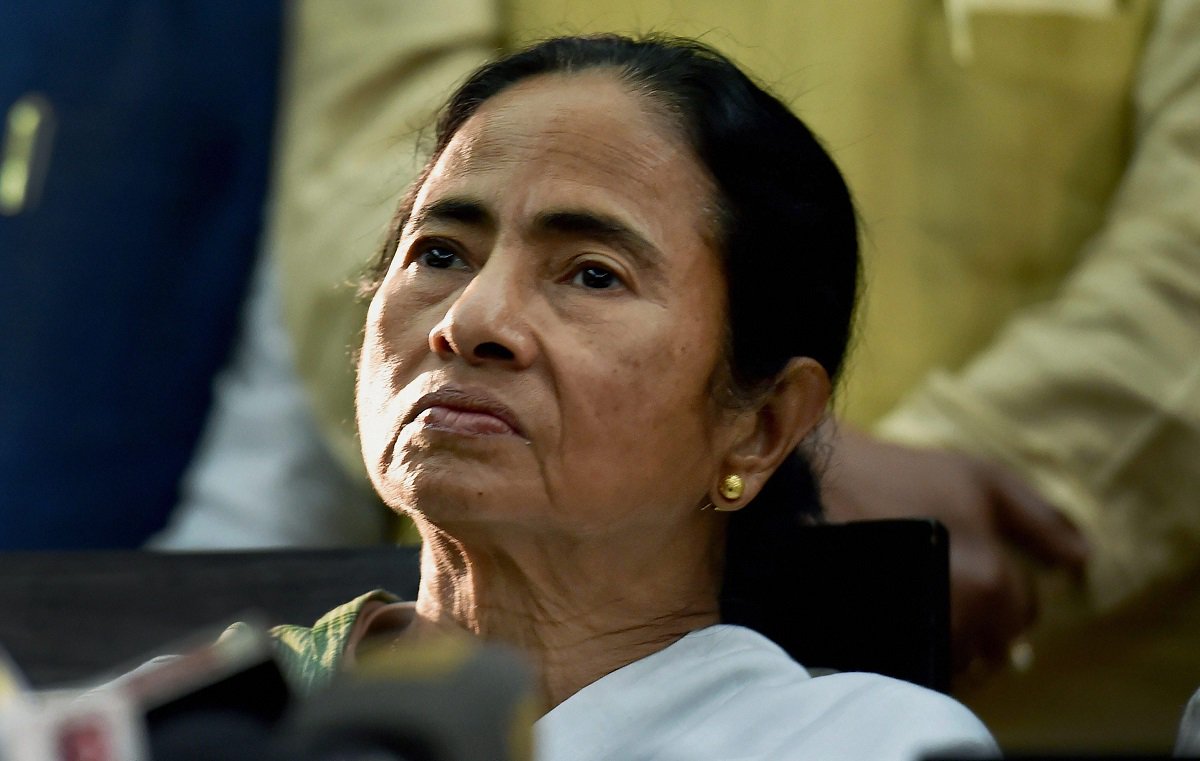Demonetization initiated for benefit of handful of people: Mamata Banerjee
Terming November 8, 2016, when the demonetisation of Rs 500 and Rs 1,000 currency notes was announced, the "darkest day of India", she said in a statement on its second anniversary that there was an agenda behind the decision.

- Country:
- India
West Bengal Chief Minister Mamata Banerjee on Thursday alleged that the demonetisation move was initiated for the benefit of a handful of people, saying the common people were the worst sufferers.
Terming November 8, 2016, when the demonetisation of Rs 500 and Rs 1,000 currency notes was announced, the "darkest day of India", she said in a statement on its second anniversary that there was an agenda behind the decision.
"Who benefited from the decision? Why was the decision taken? To satisfy whom? I have a suspicion that the decision was taken to satisfy the agenda of a few people," Mamata said.
The worst sufferers of demonetisation were the agriculture sector, small businessmen, labourers, farmers, the unemployed, domestic workers, poor traders and others, the Trinamool Congress chief said.
"The economy is now totally depressed, business is now ... oppressed and common people are completely suppressed. The value of rupee has gone down.
The chief minister added that after demonetisation, she had asked the grass-root people like housewives, daily labourers, domestic help about their reaction. "They were crying. It was then I realised that this was a big disaster."
Earlier in the day, Union Finance Minister Arun Jaitley defended demonetisation, saying it resulted in the formalisation of the economy and increased tax base, prompting the government to earmark more resources for the poor and infrastructure development.
(With inputs from agencies.)
- READ MORE ON:
- Arun Jaitley
- Minister of Finance of India
- India
- Minister
- President of the United States
- First Lady of the United States
- Vice President of the United States
- Minister of Finance (India)
- United States
- John Diefenbaker
- Mamata Banerjee
- Demo (music)
- All India Trinamool Congress
- List of Chief Ministers of West Bengal
- The Sun (United Kingdom)
- 2011 Census of India
- National News
- PTI News










